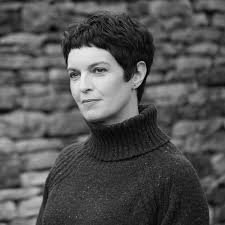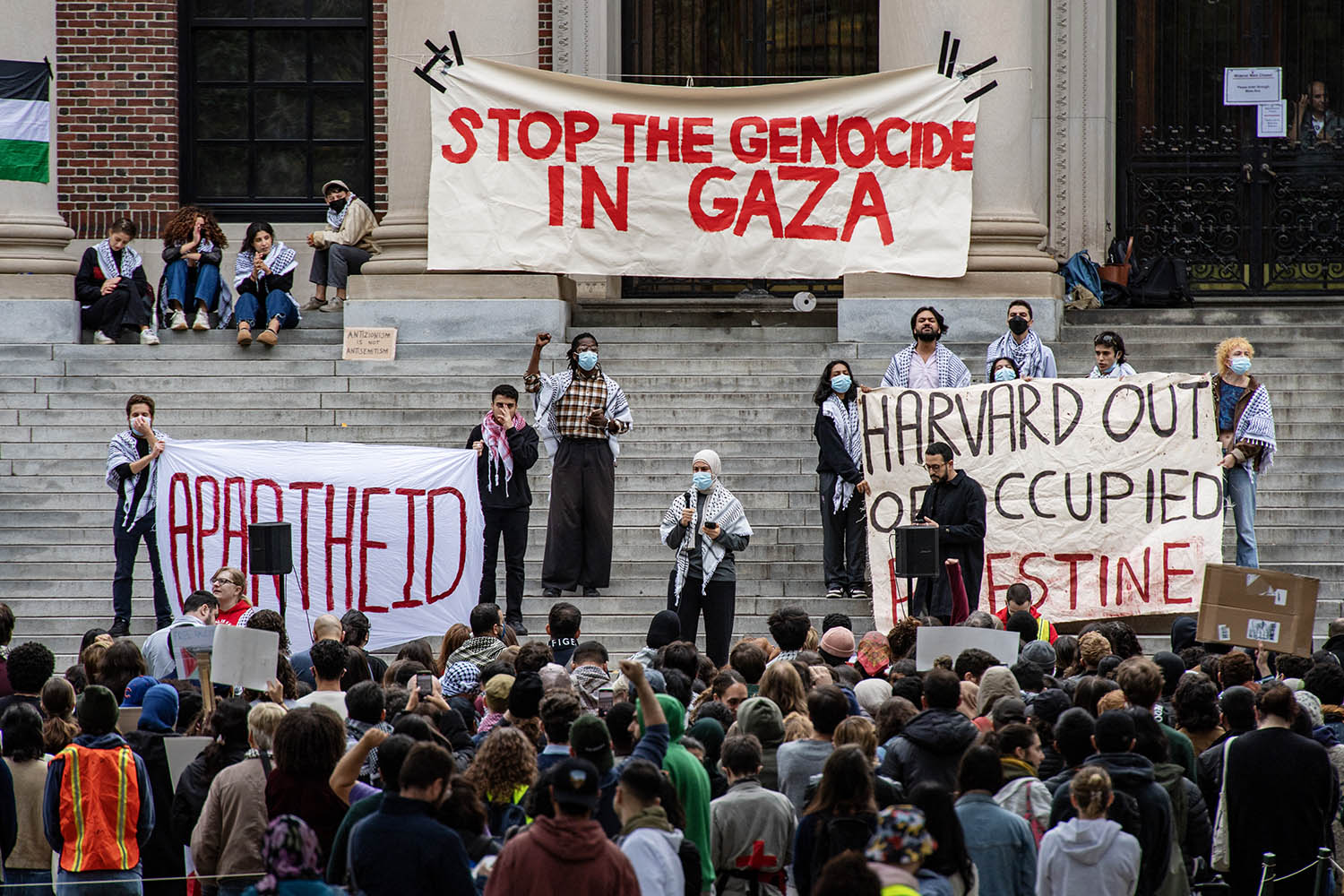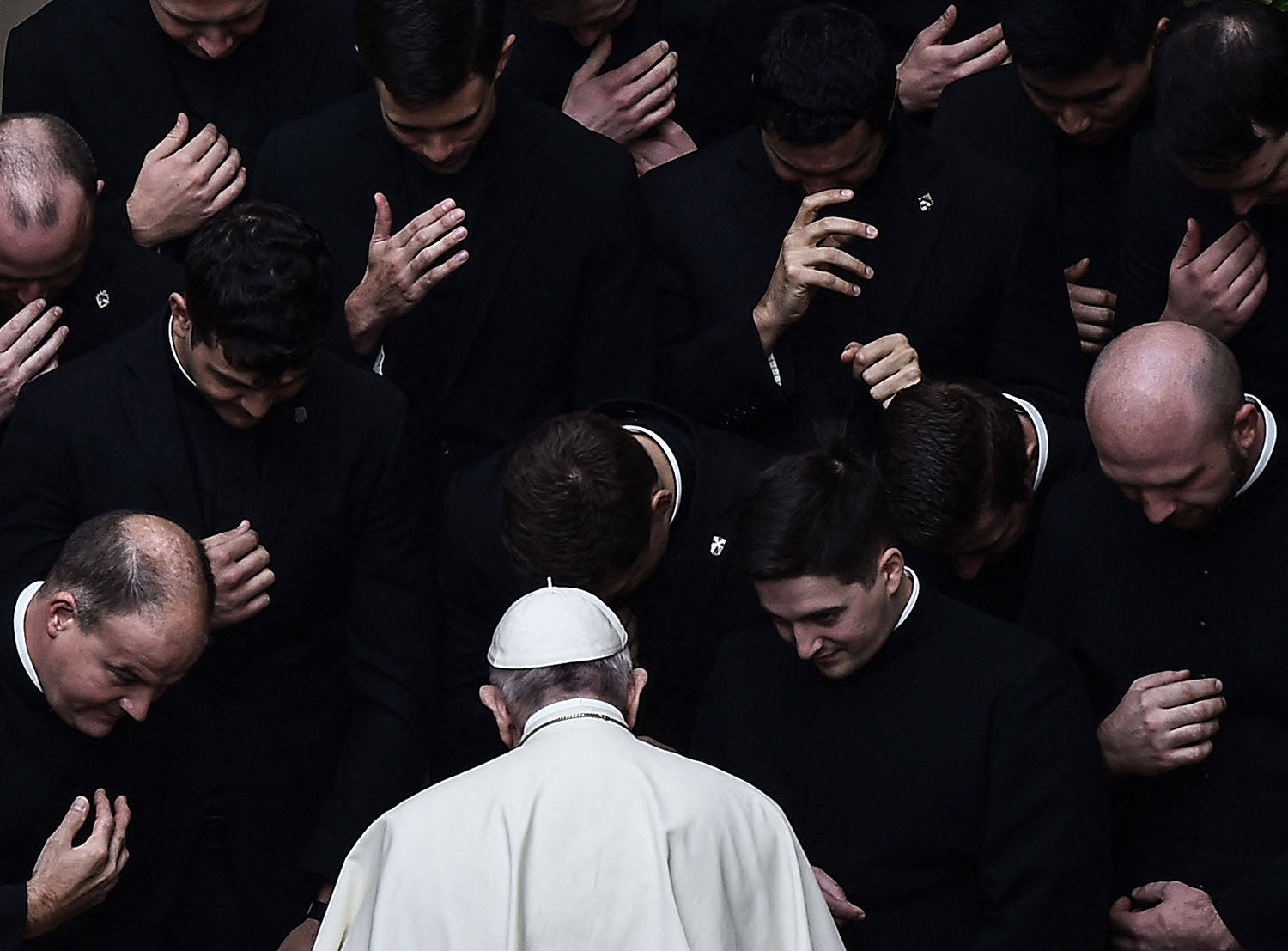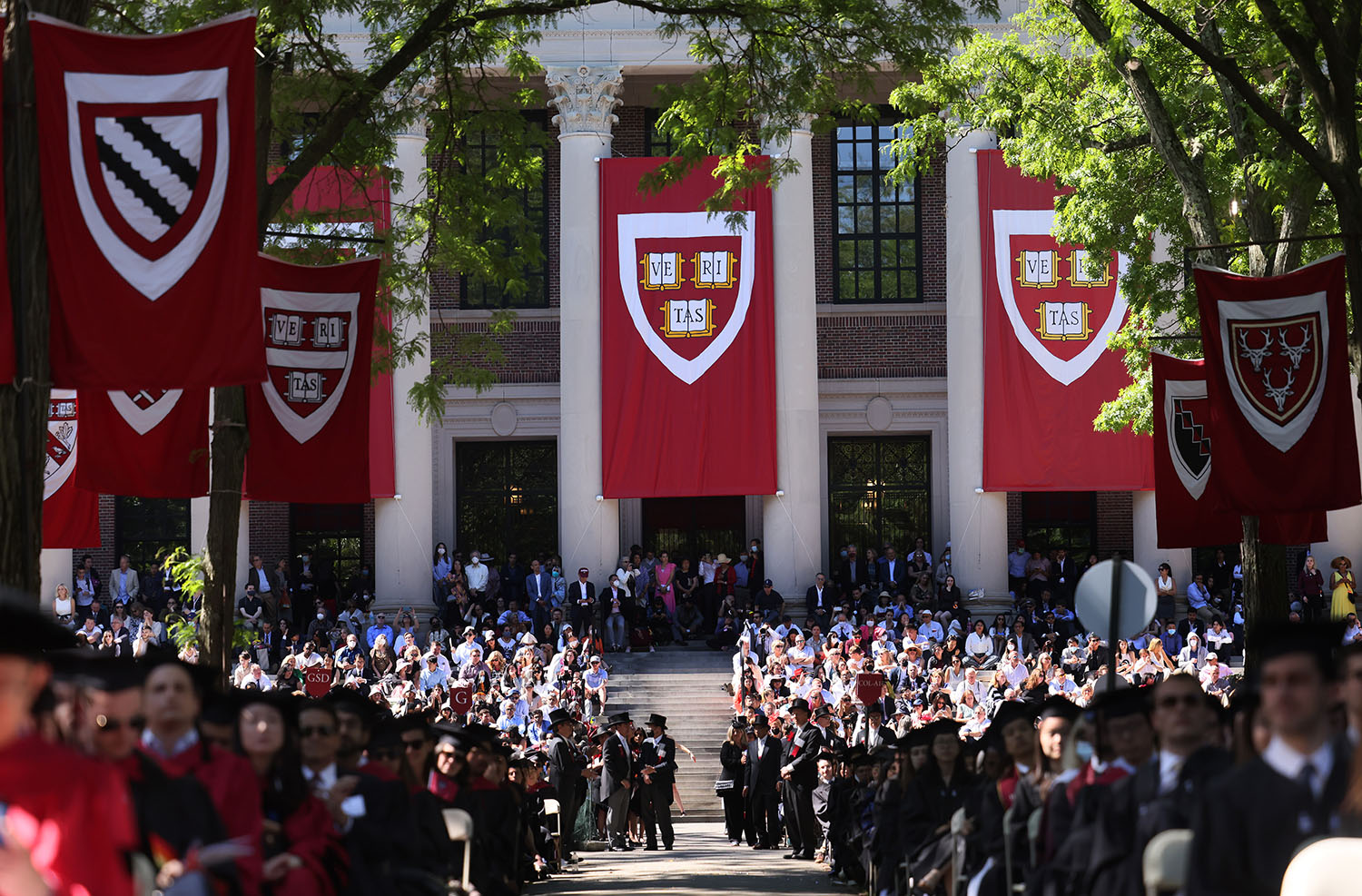After fleeing to Pakistan leaving his daughter’s dead body on a bunk-bed to be discovered by police, Urfan Sharif, 42, the father of 10-year-old Sara Sharif, was found guilty of her murder, along with her stepmother, Beinash Batool, 30.
Sara’s paternal uncle, Faisal Malik, 29, was found guilty of causing or allowing the death of a child.
The plain fact of those verdicts does not begin to describe the torture visited on a young child over many months during which she was regularly restrained, beaten, burned with an iron, scalded, bitten, hooded and left to lie in her own faeces. Sara died on 8 August 2023, according to experts who gave evidence during the criminal trial, from an accumulation of injuries and neglect which her body could no longer survive.
Multiple brutal assaults on Sara were carried out by Urfan Sharif during the time that his daughter lived alongside her older sibling and four younger half-siblings in a cramped two-bedroomed house in Woking. Having been withdrawn from school in April 2023 following a referral to social services when a teacher noticed a bruise on her face, Sara was hidden from the world until her death.
By the time she died Sara had suffered more than 25 broken bones from being hit repeatedly with a cricket bat, a metal pole and a mobile phone. Specialist doctors and pathologists found evidence on Sara’s body of around 100 separate internal and external injuries including a traumatic brain injury.
Now the 10-week criminal trial has drawn to a close, disturbing questions as to how such horrific and sustained abuse could have gone unnoticed will inevitably be asked – because Sara was not unknown to the authorities. Like the murdered children Ellie Butler, Peter Connelly and Victoria Climbié before her, Sara Sharif was a child who was known to be at risk by many state authorities which had a duty to protect her.
Who knew?
The local authority
Surrey County Council was aware of the risks posed by Sara’s father, Urfan Sharif, as early as 2010, well before she was born, and social workers were repeatedly involved with the family because of child protection concerns. Evidence secured by the press shows that before Sara’s birth, her older half-sibling had already suffered the hallmarks of Urfan Sharif’s abuse, and was later removed from the care of their parents.
Police
The risks were known to the police as a result of a number of domestic abuse incidents between Urfan Sharif, and Sara’s mother, Olga Sharif, as early as 2010, a year into their relationship. The local authority received police referrals that indicated neglect of Sara’s older sibling and half-sibling. On one occasion, all three children were removed on an emergency basis using statutory police protection powers.
Cafcass
The family were also known to the Children and Family Courts Advisory and Support Service [Cafcass], responsible for assessing risk and making recommendations to protect children when safeguarding concerns are taken to the family court.
The family justice system
Perhaps most seriously of all, the risks were undoubtedly known to the senior judge who had conduct of all three family court cases. Despite overseeing two sets of care proceedings about Sara and her older siblings, and then a private law case in which Sara’s father applied for both children to live with him, the judge ultimately sanctioned the order which delivered her into the hands of her killers.
What happened in the family court?
The concerns of the local authority, along with repeated reports of domestic abuse between the parents and assaults against the children across three sets of historic family court proceedings starting in 2013, can only today be revealed following an application first made in September 2023 by Tortoise, later joined by the BBC and other media organisations.
The final family court hearing in 2019 was triggered by Urfan Sharif applying for Sara and her older sibling to live with him, following Sara’s allegations of abuse against their mother. None of the allegations in this third set of proceedings – nor indeed any of the reports of domestic abuse made between Olga and Urfan Sharif in either of the earlier family court cases – were ever tested with evidence in court or assessed by a judge.
In the private law hearing, a Surrey social worker recommended that Sara and her older sibling should live with Sharif and Batool and have fortnightly supervised contact with their mother. A final order to that effect was made on 8 October 2019. It is clear from a court transcript released to the media that Batool was viewed by Surrey council social workers as a protective factor. “At the conclusion of these proceedings,” a social worker told the judge, “the intention will be that Surrey council children’s services do not have any further involvement.” Soft pressure was repeatedly exerted on Batool by the judge and Surrey council to supervise future contact between Olga Sharif and her children.
Permission to publish from private court papers
In March, a High Court judge barred publication of material already disclosed to the press pertaining to the three historic family court cases, adjourning his decision until after the criminal trial.
But following a hearing on Monday, Mr Justice Williams made an expansive order allowing publication of all disclosed documentation in the event of at least one guilty verdict in the murder trial. The judge ordered that 61 private documents which Surrey county council wanted to restrict be published.
In addition, however, Williams said neither the judge who had oversight of all three court cases involving the Sharif children could be named, and nor could any of the social workers or guardians involved.
Chances missed
Safeguarding opportunities between 2010 and 2019 included three sets of family court proceedings, two of them triggered by serious child protection concerns. All were overseen by the same senior family court judge.
The children experienced a range of safeguarding interventions, including:
- two child protection investigations carried out by social services;
- two child protection plans instituted by Surrey children’s services relating to Sara’s sibling and half-sibling;
- three ‘supervision orders’ made by the family court requiring the council to support first Sara’s sibling and half-sibling, then all three siblings;
- police protection powers exercised to immediately remove Sara and her sibling and half-sibling from their home due to safeguarding concerns;
- one ‘urgent hearing’ by a family court judge who granted an emergency protection order;
- Sara’s half-sibling being permanently removed into foster care; and
- one escape from Urfan Sharif by Sara with her mother, Olga, and older sibling, to a domestic abuse refuge.
A last gasp chance to save Sara was a referral made to Surrey social workers by the girl’s school in March 2023, as a result of teachers’ concerns about bruising seen on her face.
The referral was closed down by social workers with no action taken to investigate or protect her.
Five months later, Sara was dead.
A life cut short
Described as “spirited, bold and fierce” Sara was born on 11 January 2013 in Slough. After her birth an application for a care order was made. Except for short periods spent in foster care during the many family court hearings that took place over the next nine years, she remained in the care of one or both of her parents. Her mother, Olga, was Polish; her father, Urfan, a Pakistani taxi driver who moved to the UK in 2001.
A final video taken by her stepmother Beinash Batool four days before she died captured the 10-year-old dancing alongside her sibling, still smiling, despite the dozens of injuries concealed by her clothing.
Rachael Wardell, executive director for children, families and lifelong learning at Surrey County Council, said: "The focus of the trial has been on the evidence needed to secure the convictions of those responsible for Sara's death. This means that until the independent safeguarding review concludes, a complete picture cannot be understood or commented upon."
Sentencing of Urfan Sharif, Beinash Batool and Faisal Malik will take place next Tuesday.








